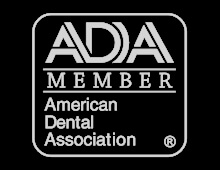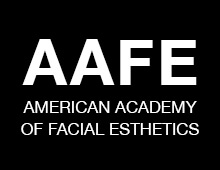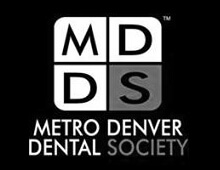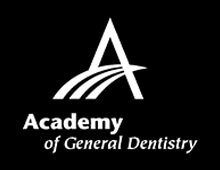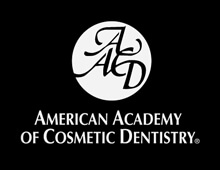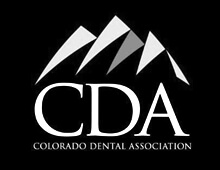It is a sensation most people remember well into adulthood.
As we get older and our baby teeth start to loosen, the temptation to pull the tooth in question out can be hard to resist. Pulling teeth at that age is an often ill-advised but nonetheless prevalent touchstone of growing up. The adult teeth that replace them can be a source of comfort in that they are supposed to last well into old age.
Unfortunately, there are a few situations in which that assumption just will not hold true.
If you suffer from severe tooth decay or advanced periodontal disease, the best course of action may be to extract the problem entirely. Even if you have been maintaining a rigorous and effective dental hygiene regimen, accidents do happen, and a tooth broken beyond repair can also require extraction. Tooth extraction can also be necessary for teeth that happen to be poorly positioned or in preparation for an orthodontic procedure.
The good news is that a tooth extraction is never a dental team’s first course of action.
After exploring all alternatives, Dr. Levitin discusses the available options with his patients and shares his professional insight, so that you can make the best decision for your oral health. This includes confirming an action plan for replacing your extracted tooth so you do not need to worry about keeping your natural smile. If you do choose to move forward with an extraction, there are several helpful tips to make your post-operation recovery as easy and pleasant as possible.
Tooth Extraction Tips
First and foremost, follow all instructions detailed by the Mile High Smiles team. This extends to any directions about prescribed medicines and home care.
Self-care means making your health a priority. In today’s world, there is often an unending string of responsibilities and pressures with which to contend. However, getting better the right way demands proper rest for your body to recuperate. You should limit your activity and relax for at least the next day or two.
To avoid dislodging the clot that will form in your socket as your mouth heals, avoid spitting or rinsing forcefully.
When lying down, keep your head elevated with pillows as lying flat may prolong the bleeding.
You can treat facial swelling with the intermittent use of an ice pack.
Do not smoke or drink from a straw (both of which can slow or inhibit healing).
You can continue brushing and flossing, but be careful to avoid the extraction site. Keeping a clean and healthy mouth around it can help prevent infection.
A gentle saltwater rinse the day after the surgery can also be helpful in keeping the area clean.
With a suddenly absent tooth, chewing will be a painful challenge. It is also a threat to your healing process for the first few days. Eat soft foods (like pudding, yogurt, or applesauce) the day after the extraction and add solid foods to your diet slowly as the extraction site heals.
